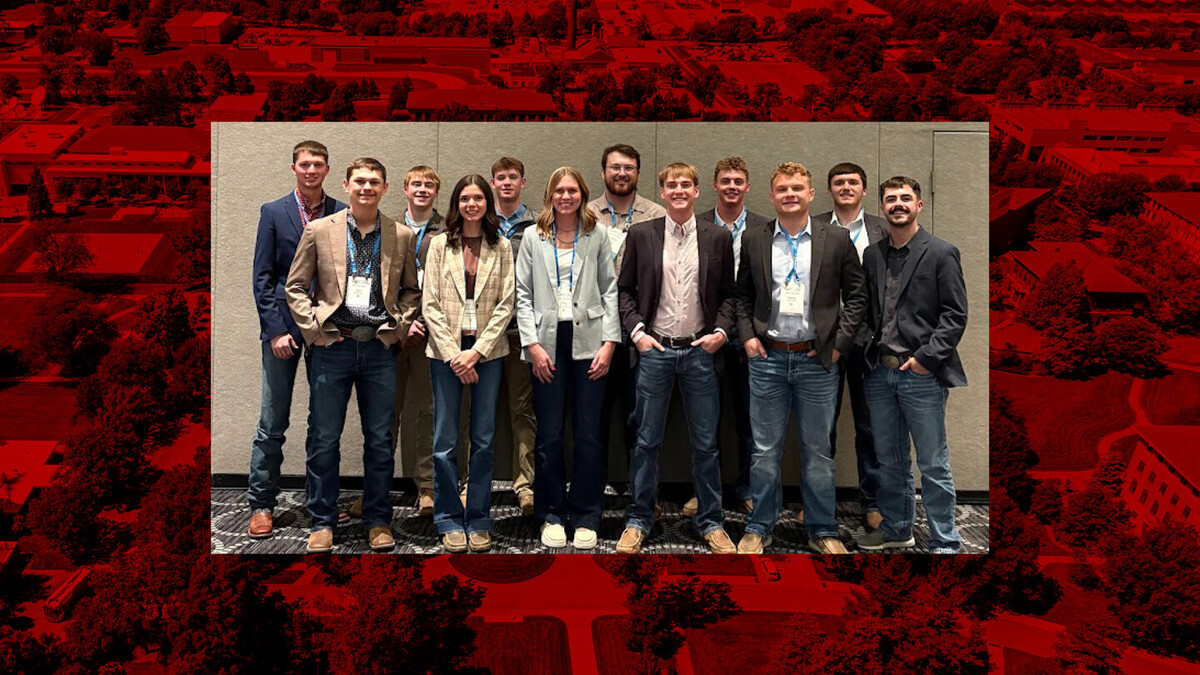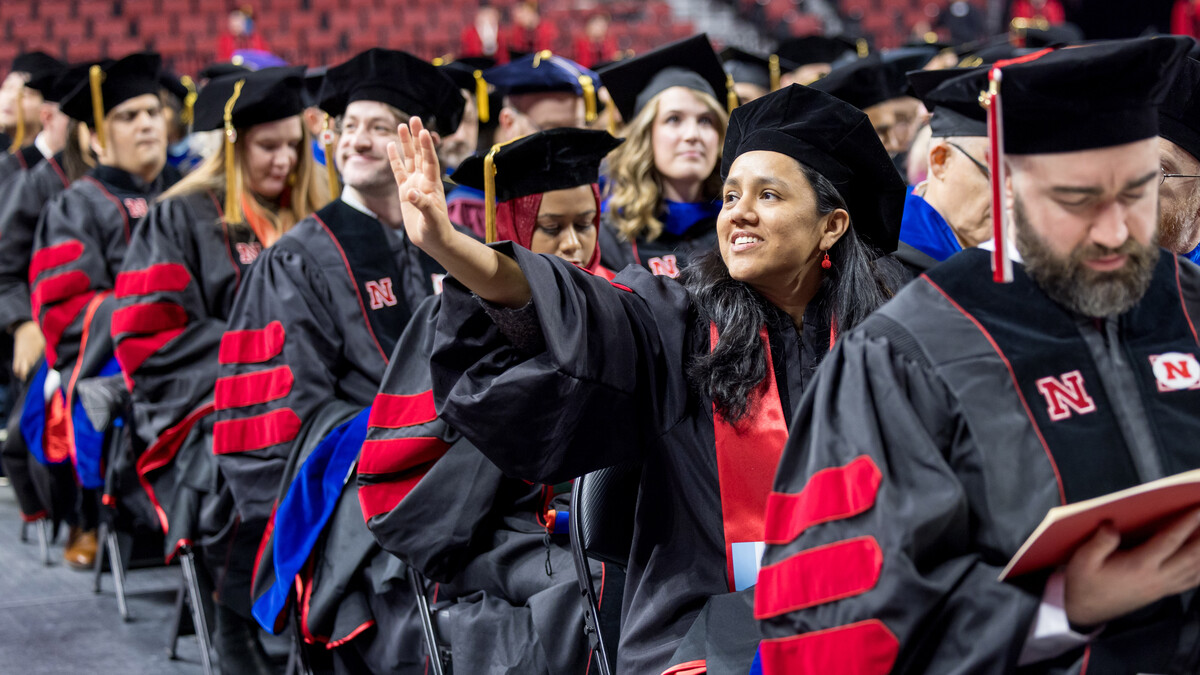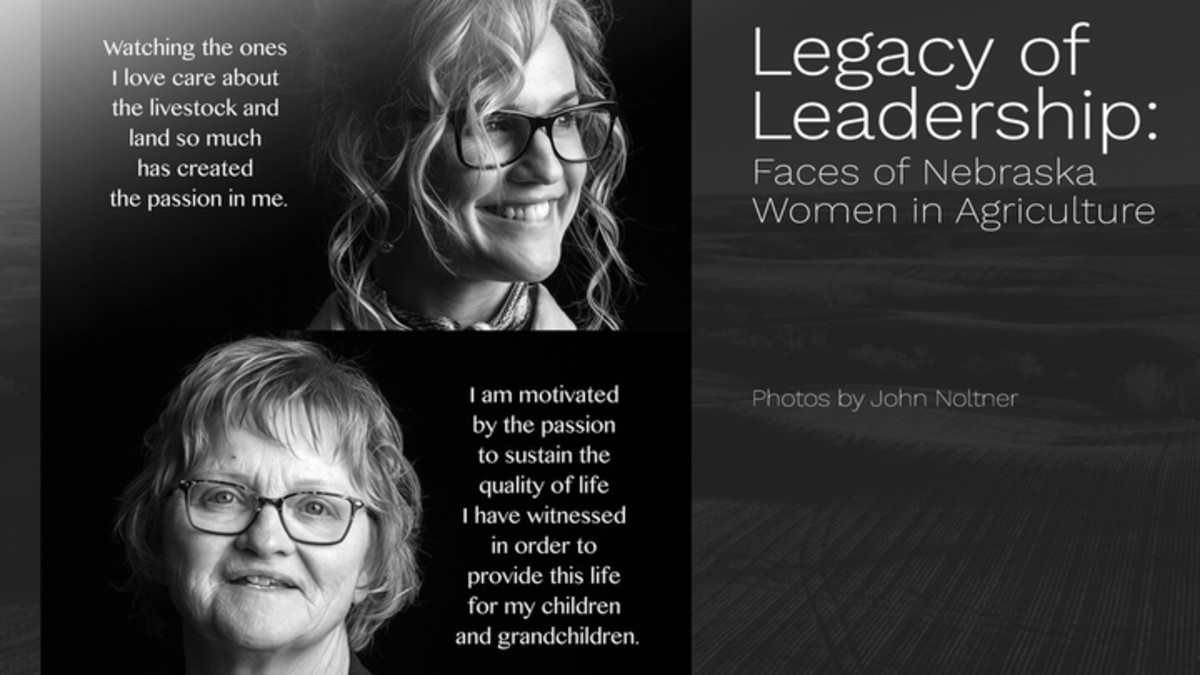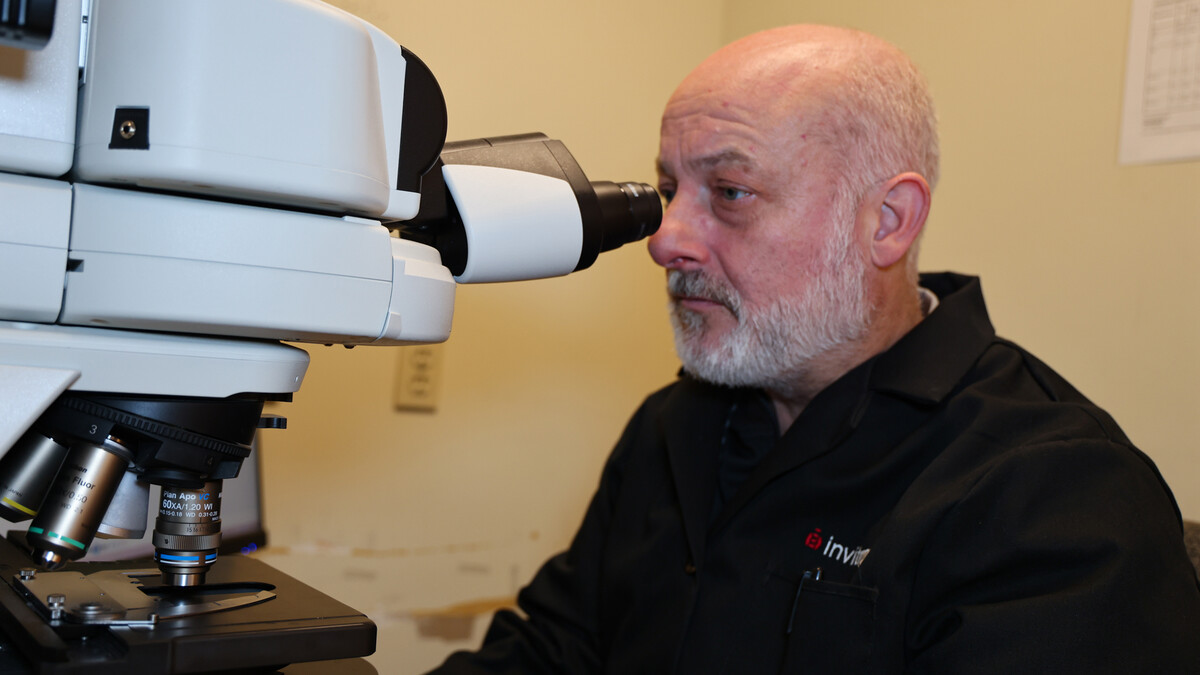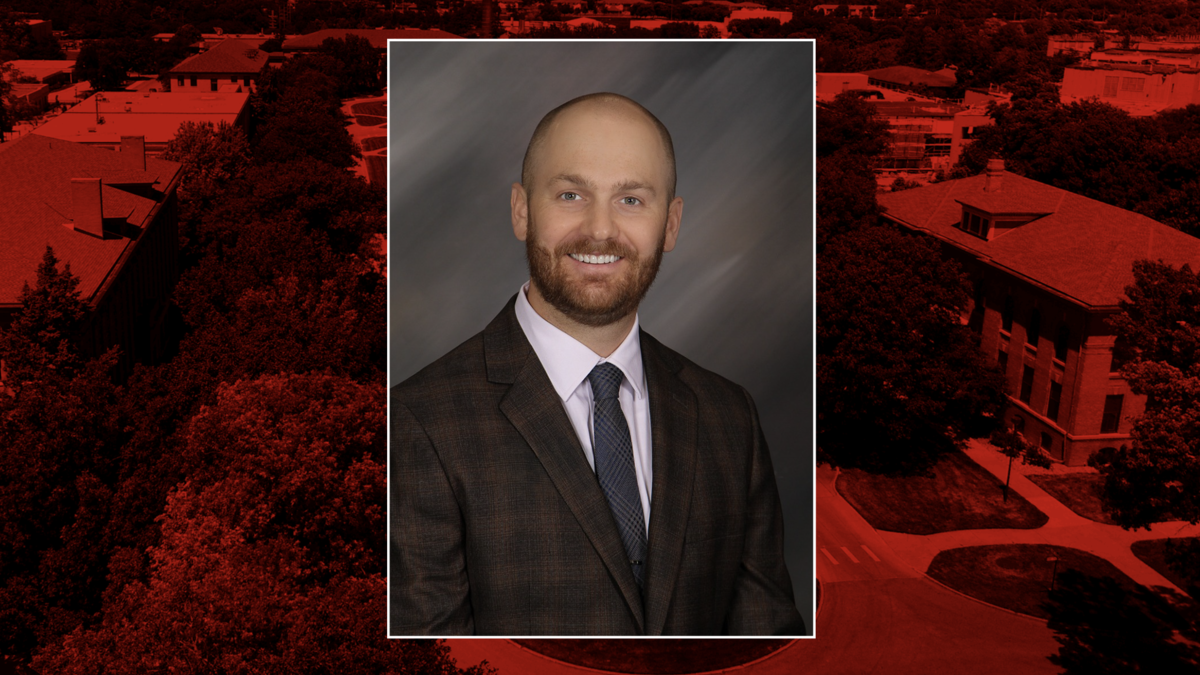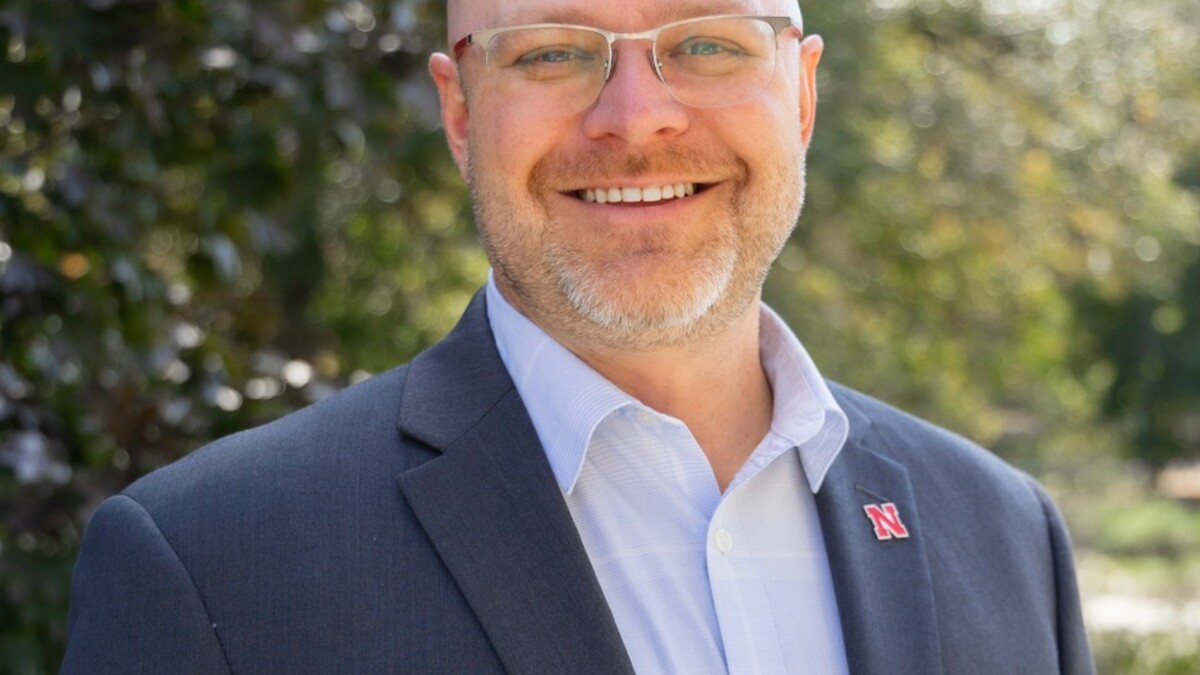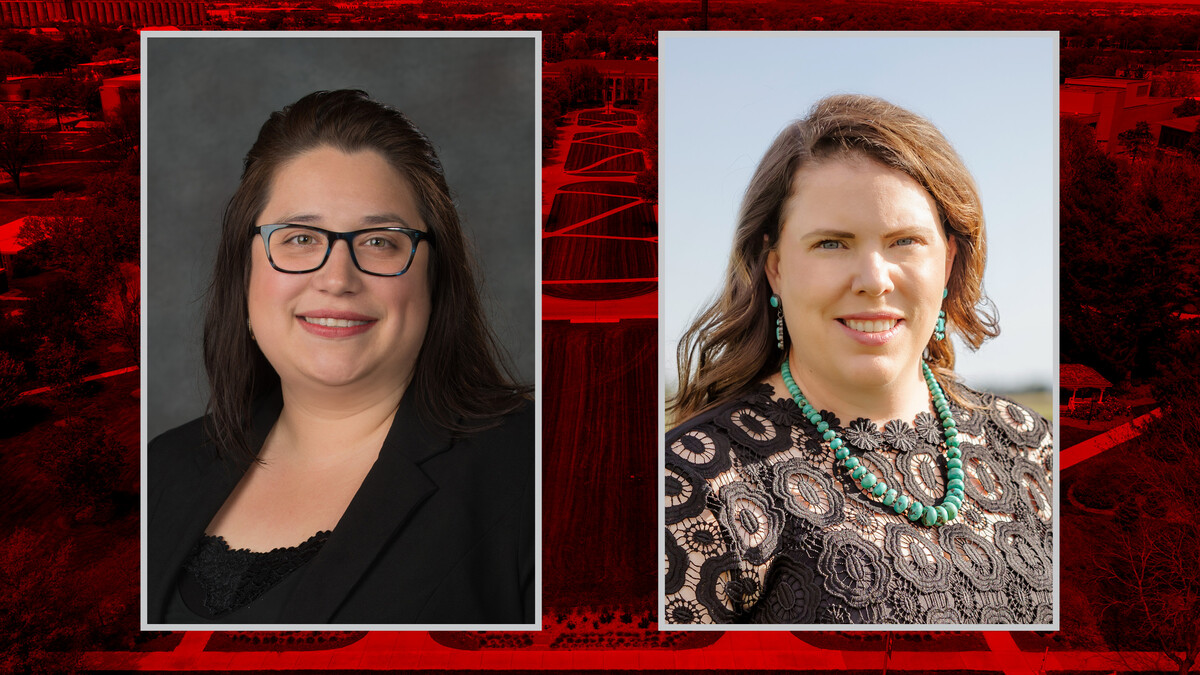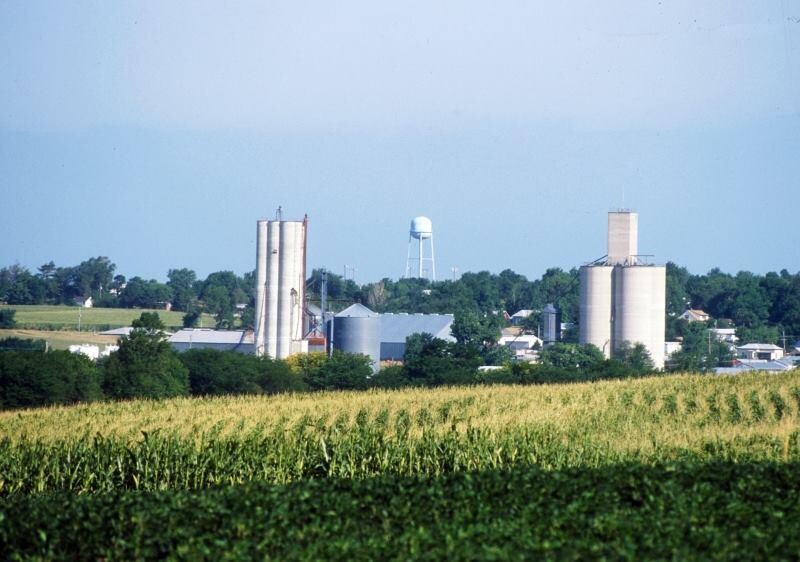
Lincoln, Neb. — Many think that rural America is fading. One grows up in a rural community and then flees to a larger city to pursue education, employment or a different way of life. To figure out what was really behind this trend, a team of faculty from Nebraska Extension studied 11 counties in Nebraska’s Panhandle. They discovered that not all rural communities are in decline. In fact, some communities are attracting new residents and are more vibrant than ever before. In response to this research, Nebraska Extension launched the Marketing Hometown America program.
Marketing Hometown America is an educational program focused on recruiting and retaining new residents. It engages communities through small groups, called study circles, to get more people involved and more voices heard. Designed as a tool to create dialogue that moves toward action, it can be the spark to help a rural community look at itself and the recruitment and retention of new residents in a new way.
Funded by a University of Nebraska Rural Futures Institute grant, seven communities in Nebraska, South Dakota and North Dakota piloted the Marketing Hometown America program in 2013-2014. In Nebraska, the communities of Neligh and Kimball participated in the pilot. In Neligh, more than 70 residents joined study circles in which they discussed the town’s strengths and opportunities.
Marketing plays a key role in attracting new residents to a community. What would someone think of Neligh if they discovered the town online? During the study circles, Neligh residents built a marketing plan based off of the overlooked assets the community already has that could attract potential new residents. The plan was built to appeal to someone who had never stepped foot in the community. They rebranded the town’s website with an updated logo, slogan and a series of videos that showcase what the community in northeast Nebraska has to offer.
In 2016, the program expanded to six Nebraska communities, including McCook where Extension Educator Ben Dutton is helping lead the effort.
“McCook is an ideal candidate for the Marketing Hometown America project because a spirit of collaboration already exists,” said Dutton. “Support is there from the chamber of commerce, the McCook Economic Development Corporation and the school system.”
Having support and leadership from those groups is critical to the success of Marketing Hometown America. Those groups spearhead the effort and create interest and involvement from community members. At the community kickoff last May, community members were divided into nine different study circles. Over the course of the next four weeks, the study circles discussed assets that they felt McCook had to offer and ways to make the community more marketable.
“Citizens of McCook are very proud to say where they are from, and they want to share what their town has to offer, which is evident in their innovative ideas,” Dutton said.
The study circles came up with ideas for citywide beautification, community development, new events and town promotion. The ideas range from new city maps to an indoor skate park. During a town hall meeting, citizens voted on which ideas would be most prosperous for the community. McCook is currently working on the following projects:
- Improving McCook’s online presence with a comprehensive website, which includes a community calendar and employment board.
- Establishing a plan for vacant homes and creating additional options for housing by creating a system that allows residents to flip abandoned homes and homestead that land.
- Purchasing a trailer that would be armed with games and other fun activities that neighborhoods could rent to foster gathering and networking.
- Building a tribute to George Norris, the U.S. Senator who brought electricity to rural America.
Marketing Hometown America has brought a sustainable plan for long-term success and growth to McCook. Dutton has no doubt that the citizens of McCook will successfully execute these projects. “McCook has made great progress already, and once they successfully accomplish the first four projects, they will bring another idea from their study circles to the forefront.”
Red Cloud and McCook completed the program last summer and are working on their projects. The communities of Seward, York and Wausa are in the beginning stages of the program. The Marketing Hometown America team is searching for additional small towns to bring their action plan to, in hopes of reviving rural life one community at a time.
Haley SteinkuhlerInstitute of Agriculture and Natural Resources
402-472-4398
hsteinkuhler2@unl.edu

